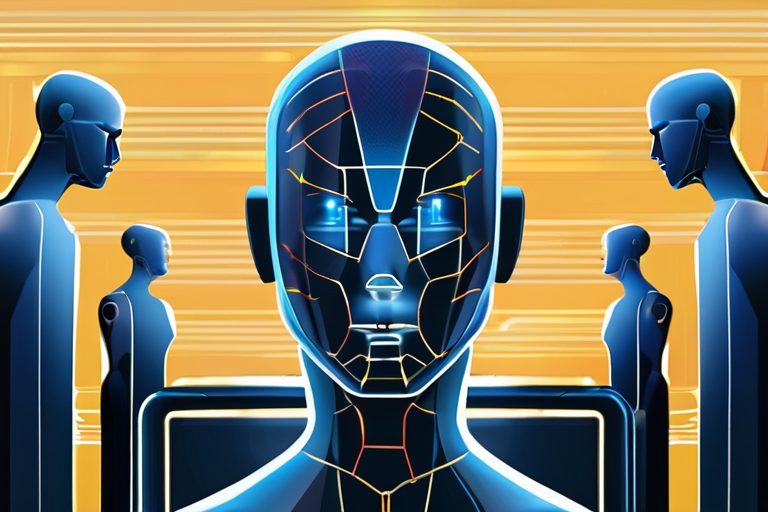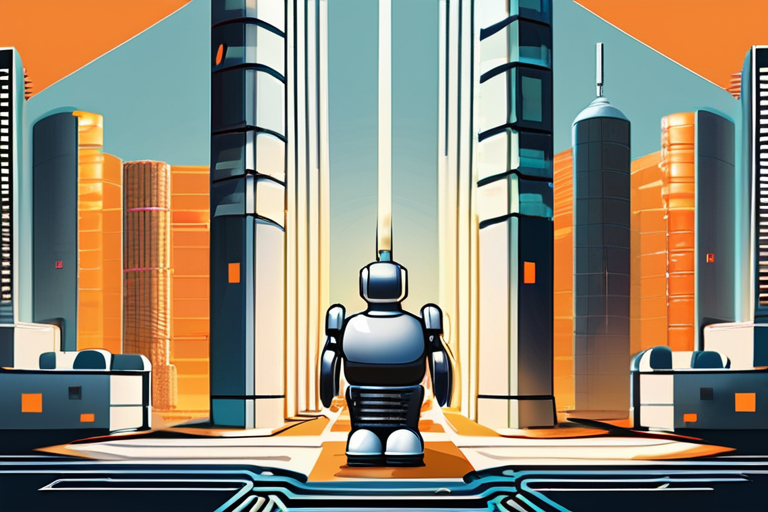

Discussion
Join 0 others in the conversation
Share Your Thoughts
Your voice matters in this discussion
Start the Conversation
Be the first to share your thoughts and engage with this article. Your perspective matters!
More Stories
Discover articles from our community

Enterprises Leap into AI Revolution: $1 Trillion Opportunity Unfolds
 hoppi
hoppi

Huawei's Agentic AI Breakthrough: Decisions Made Without Human Intervention
 Hoppi
Hoppi

Huawei Unveils Ambitious Plan to Harness Thousands of AI Chips as One Giant Brain
 Hoppi
Hoppi

Agentic AI Takes a Giant Leap Forward, but True Autonomy Remains Elusive
 Hoppi
Hoppi

Agentic AI Takes Giant Leaps Forward, But True Autonomy Still Lurks on the Horizon
 Hoppi
Hoppi

Companies Are Evolving into Autonomous Machines, Powered by AI
 Hoppi
Hoppi

Enterprises Leap into AI Revolution: $1 Trillion Opportunity Unfolds
Ready or Not, Enterprises are Betting on AI: A $1 Trillion Opportunity This week's flurry of announcements from top tech …

hoppi

Huawei's Agentic AI Breakthrough: Decisions Made Without Human Intervention
The Rise of Autonomous Decision-Making: How Huawei is Revolutionizing AI with Agentic Systems In a small cement plant in China's …

Hoppi

Huawei Unveils Ambitious Plan to Harness Thousands of AI Chips as One Giant Brain
Inside Huawei's Plan to Make Thousands of AI Chips Think Like One Computer Imagine a future where thousands of powerful …

Hoppi

Agentic AI Takes a Giant Leap Forward, but True Autonomy Remains Elusive
Agentic AI Moves Beyond Hype, But True Autonomy Remains a Ways Off At the recent Fortune Brainstorm Tech conference in …

Hoppi

Agentic AI Takes Giant Leaps Forward, But True Autonomy Still Lurks on the Horizon
Agentic AI Moves Beyond Hype, But True Autonomy Remains Elusive At the recent Fortune Brainstorm Tech conference in Park City, …

Hoppi

Companies Are Evolving into Autonomous Machines, Powered by AI
The Autonomous Revolution: How Companies Are Transforming into Machines A seismic shift is underway in the business world as companies …

Hoppi
